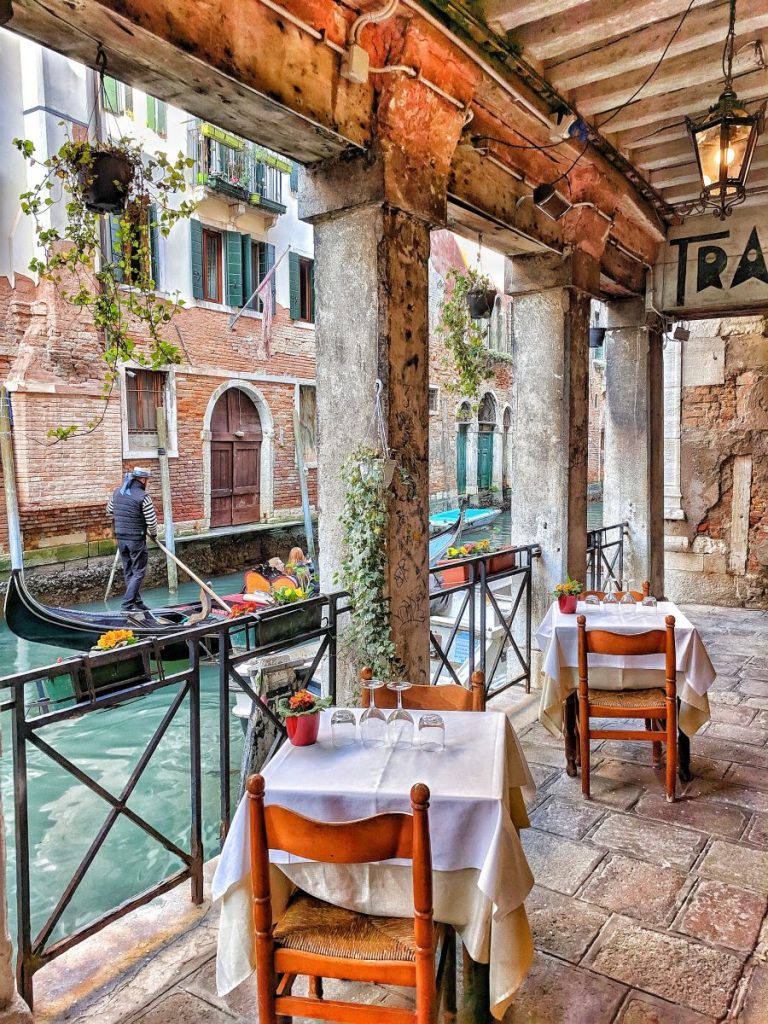Working in Italy should not be a problem for English-speaking people, but this will depend largely on your field of work. In some industries, speaking Italian can be an essential factor in getting a job.

The country’s unemployment rates could hamper the job market in Italy. However, we show you how to get a job in Italy even if it is your field of work. Remember that speaking Italian can be the key to a stable and growing career in the country.
You can expect working days every Monday through Friday for most employees. If you work as a self-employed person, the benefit of building your working days and hours can be eliminated by the difficulty of doing business on your own.
If you are about to accept a job offer from Italy read this article about taxes in Italy for employees. Self-employed employees enroll in a separate social security system, which means some benefits may not apply to them.
Whether you are self-employed or a salaried worker, you should aim to receive no less than the average salary of 1,800 EUR (1,980 USD) a month.
The first thing you should know is that getting a job in Italy is a priority. This is because your Italian employer will pay close attention to the visa application process. Read on as we guide you through finding and applying for a job in Italy.
Parts such as food, technology, machinery, textiles and chemicals require engineers and could find 190,000 vacancies in the coming years. Other traditional activities are also short on talents, such as woodworking and weaving.
If you come from a professional background, you will have no problem finding vacancies for software developers and software developers, computer programmers, or developers of telecommunications programs.
Italian-style CV
It is a good idea to know the style of CV that is happening in Italy. That’s because employers use to look and jump through a structure, and you want to maximize your chances by making their job easier.
Cash is preferred over credit in Italy
Most Italians pay for things daily in cash – from their morning coffee to the evening and everything in between. For those of us who are accustomed to paying for milk and bread at a grocery store with a debit card, it would be a small thing for a waiter at a restaurant to give you a Visa.
Most of us know that businesses pay money every time we spend on something in plastic. Still, in many countries, companies are willing to pay that money because the customer’s “always-on-right” attitude is the end of the scale. Italy, for all its benefits, is not a world of customer service. If something is a nuisance to the store owner – such as paying a Visa fee – he or she will not have the machine at all. This applies to Italy because there is already money-hundred- visitors sometimes who are there.
Train travel in Italy isn’t always punctual
There’s that high line of “at least how Mussolini makes the trains run on time” – we’ve all heard, and it’s funny, but it’s not true. An urban myth (which some old Italians still repeat – don’t try to argue with it).
Today, trains in Italy are notorious for being too late, or sometimes out of stock because of the short strike – and yet they remain, in my mind, the best way to travel around the country. There are certainly places where you will want to have a car, or where the bus can best serve your needs, but in most cases, I still recommend trains as a walk – especially if you are stuck in big cities and big cities.
I should note that while people are going to complain that trains are always late in Italy, that is not a license to arrive late on your train and get annoyed when you leave the station. Personally, trains in Italy often arrive on time rather than delay

Personally, trains in Italy often arrive on time rather than delay!